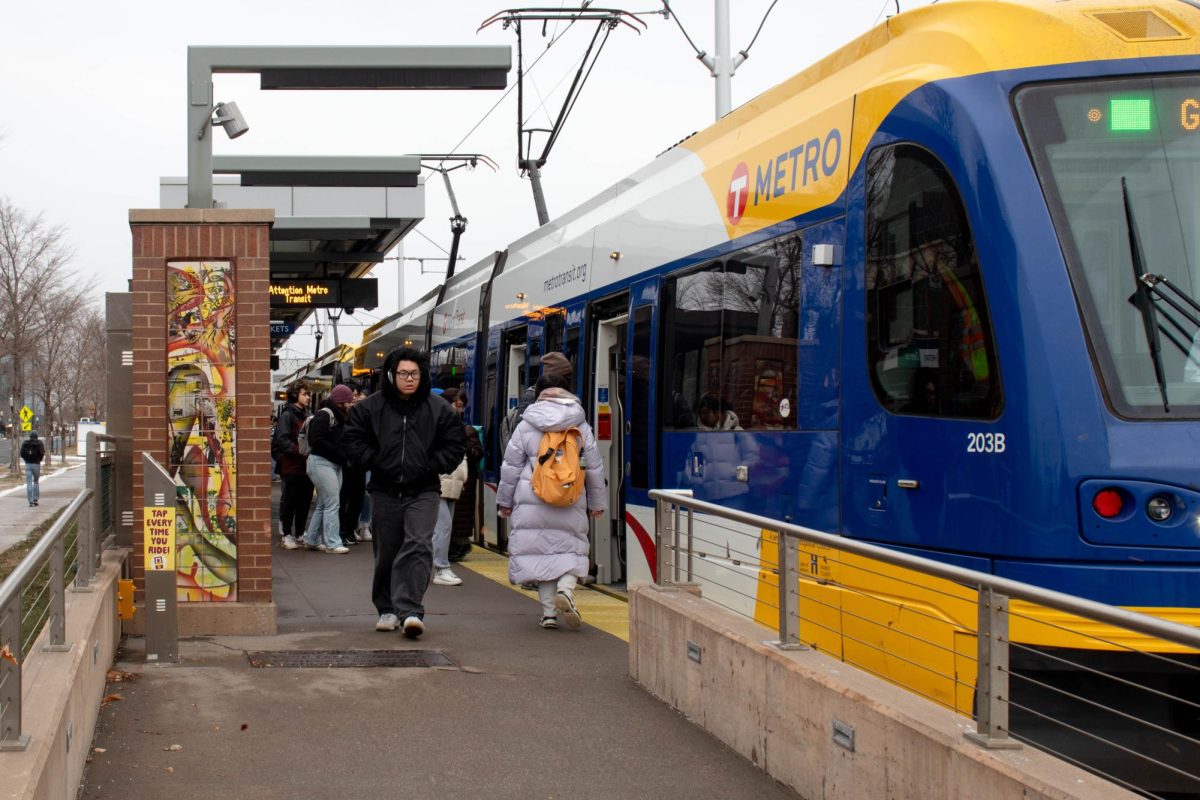Amid criticism, the Minneapolis City Council unanimously approved protections for public housing residents Friday.
The measure comes as the Minneapolis Public Housing Authority plans to use Rental Assistance Demonstration, a 2012 federal program meant to attract private or nonprofit investment to buildings in need of repair. MPHA has come under fire by public housing advocates after the Elliot Twins Apartments in the Elliot Park neighborhood became the city’s first public housing renovation approved to use RAD. Opponents say the program threatens to privatize the buildings.
A memorandum of understanding passed Friday between the City of Minneapolis and MPHA. The memorandum gives tenants the right to return to their apartment building if displaced by renovations and bans rent hikes when MPHA projects use City money.
Ward 6 City Council member Abdi Warsame co-sponsored the memorandum. Warsame, whose ward is home to the most public housing units in the city, said the measure proactively protects tenant rights under private and nonprofit investments.
“Our role as a City is to make sure that we create mechanisms that basically monitor and give confidence to the tenants,” he said. “It won’t solve the issue of fully funding public housing; that’s not within our power.”
The need for alternative funding sources stems from the underfunding of the U.S. Department of Housing and Urban Development, which supports local public housing authorities. MPHA estimates it needs nearly $140 million to repair its more than 6,000 units. In 2018, they received $14 million from HUD, said Jeff Horwich, MPHA’s director of policy and external affairs.
Elliott Twins Apartments’ renovations will include improvements in heating and cooling systems, boosting the building’s energy efficiency and redesigning gathering spaces and other architectural features.
RAD establishes investment in public housing by offering tax subsidies to investors who make the needed renovations. Although the program invites private investment, it does not lead to private ownership, Horwich said.
“We’re not talking about anything that resembles privatizing the buildings. We’re not selling the buildings, we’re not giving control of the buildings to anybody. There is no scenario in which anybody but MPHA has control over who lives in the building, rent, those sorts of things,” Horwich said.
Public housing advocates, including the Defend Glendale and Public Housing Coalition, have been vocal about their concerns.
University of Minnesota graduate student Nate Hart-Andersen said he is concerned not all residents understand the renovations.
“There’s quite a few residents at Elliott Twins who are not happy about what is happening, who are quite frightened about what is happening and who’ve been told different things by different people that have them in a place where they don’t know what their future housing is going to be,” Hart-Andersen said at an April 17 City-hosted listening session.
Elliott Twins Apartments resident and Minneapolis Highrise Representative Council President Mary McGovern, said residents hold monthly meetings to discuss relocation options and support residents.
“We’re trying to just reaffirm to the residents, especially the Somali community, that they’re not going to lose their housing. They never will lose their housing and that’s their biggest fear,” McGovern said.
In addition to the memorandum, the City should use other methods to help tenants, said Russ Adams, executive director of The Alliance for Metropolitan Stability.
“If we’re worried about a set of residents in one building or a set of buildings and that’s why you want to move this [memorandum] — a piece of paper passed by the City Council … on Friday — [it] isn’t necessarily going to alleviate their fears,” Adams said at the meeting.
Ed Goetz, director of the Center for Urban and Regional Affairs at the University’s Humphrey School, said it might be too early to gauge the effects of RAD.
“The fact of the matter is that the program is too new to have much of a track record. All you have if you’re a resident is the assurance of the federal government about how this program will operate,” Goetz said.





